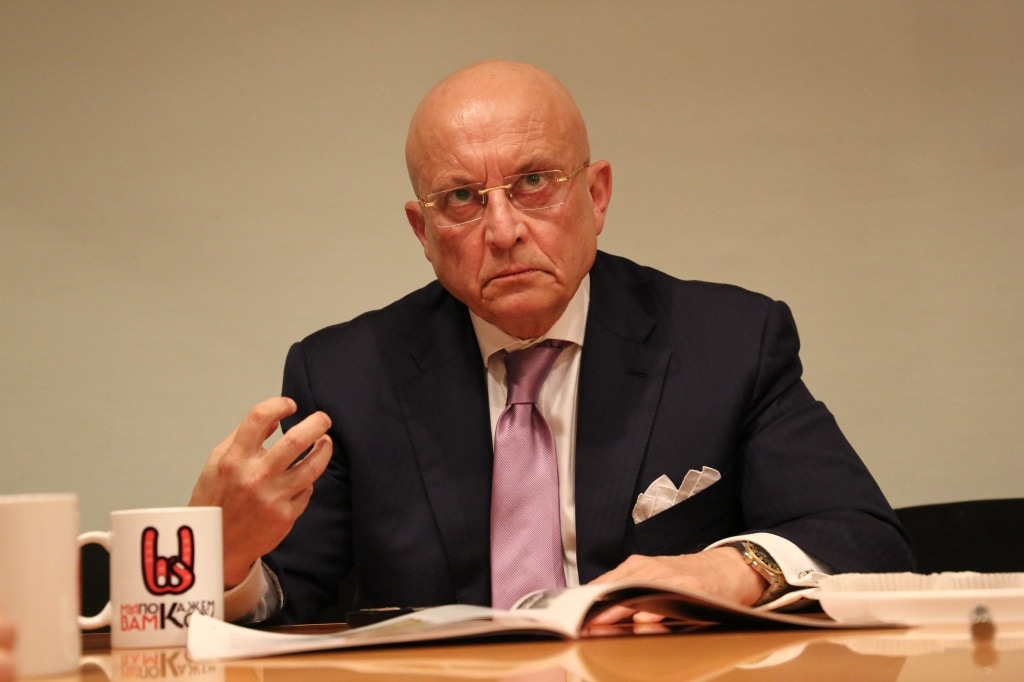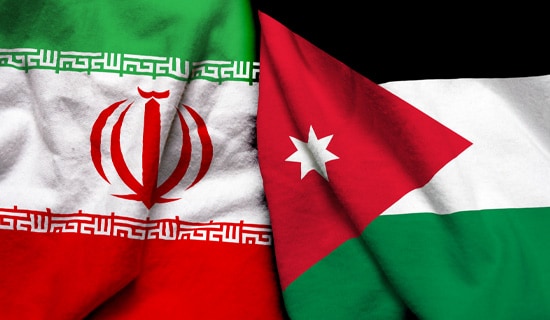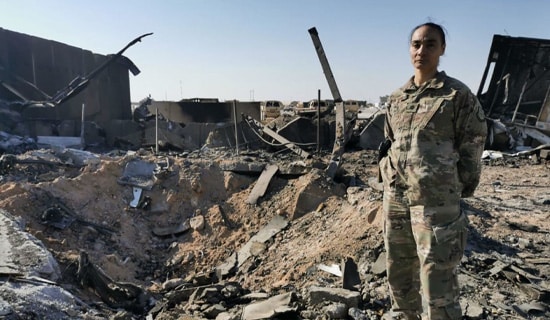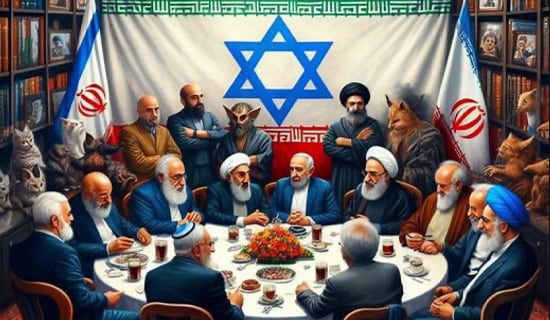On February 15, 2016, the Russian weekly magazine The New Times published an interview with political analyst Sergey Karaganov, dean of the Faculty of World Economy and International Affairs at Moscow's National Research University Higher School of Economics, about Russia's foreign policy and the current situation in the Middle East. The political analyst presents four reasons why Russia decided to launch a military operation in Syria, and also addresses the tension between Russia and Turkey.
The following are excerpts from the interview:[1]
'[The Situation] Would Explode If The Sunnis Or The Shiites Would Win In Syria First. It's Better Not To Let Anyone Win'

Sergey Karaganov (Image: Newtimes.ru, February 15, 2016)
Q: "It is widely held that the military campaign in Syria is an attempt by the Russian government to divert the attention of the West from [Russia's activities in] Ukraine and to avoid [international] isolation by focusing on Russia's involvement in the fight against terrorism. Do you agree with this view?"
A: "Let's begin with the fact that Russia and its military have been preparing for an intervention like the one in Syria for quite a few years. The operation itself has been well-prepared. Hence, if there are those who say it was a complete surprise to them, they must be either idiots or liars. The country transports military experts, combat machinery and equipment; repairs air fields and access routes; builds accommodation for military personnel... why, just to spend some money? We started work on the base in Latakia [Syria] almost a year before our first planes arrived there. As for our intervention in Syria, there are several reasons for it.
"First: we figured out a long time ago that the Middle East would undergo a series of disasters. Most of the countries in the region, with the exception of Iran, which is ancient, and Israel with its unique identity, will fall apart over the next 20-30 years. The question we should ask ourselves is how the Middle East will fall apart. Will it happen without us, or will we try to tighten one screw or loosen another, taking into account the tens of thousands of potential terrorists there, and that it would be better if they killed each other or if we killed them rather than that they continue to multiply and maybe even reach our borders.
"Second: Russia realized that some kind of balance had to be maintained in the region, to prevent an even louder explosion. And the situation would definitely explode if the Sunnis or the Shiites would win in Syria first, then subsequently in other Middle East areas. It's better not to let anyone win.
"Third: of course, there is some 'posturing' here as well. We do want to be a great power. You might call it yet another 'national half-baked idea' we inherited from Peter[2] and Catherine the Great[3] .
SUPPORT OUR WORK

"And fourth: I agree that [Russian involvement in] Syria diverts everyone's attention from Ukraine and thus moves our relations with the West to another level. This goal was achieved completely."
'We Don't Want Another Ottoman Empire, Or Persian Empire, Or Any Caliphate'
Q: "[This goal of diverting everyone's attention was achieved] completely? Is the implementation of the Minsk agreements[4] already well on the way?"
A: "The Minsk agreements will be implemented when all the parties involved - including the Americans and the Europeans - decide that it's time to implement them... So coming back to Syria, despite clear military and diplomatic successes, this war can't be won. We must be prepared to leave Syria at any moment. And the people must be prepared in advance for this scenario. Also, it's important not to become entangled in another conflict on the way. That is why I am deeply concerned about our conflict with Turkey, which, of course, stabbed us in the back. Why did Turkey decide to down our plane? Part of the answer lies in the peculiarities of the political culture of this region. Many of our preconceptions about it are wrong, including the idea of being true to one's word. But our reaction was largely emotional, not rational. As a result, there is a risk of a 'second Crimean war'[5] [i.e. a conflict with Turkey]."
Q: "What do we actually want from Turkey?"
A: "It's easier to say what we don't want. Ever since we started to play in this area, it has been quite clear that we don't want another Ottoman Empire, or Persian Empire, or any caliphate."
Q: "So, we are going to clip the wings of both Iran and Turkey?"
A: "That's what you say. I have said what I have said... You see, Turkey today is morally very much like Russia of the late nineteenth and early twentieth centuries. (By the way, for the same reason they have great literature now, and all our great literature is gone.) They have suddenly decided that they will restore the Ottoman power - they talked about it 5-10 years ago, it was a wide-spread fad. And that is why they supported the Arab Spring four years ago."
Endnotes:
[1] Newtimes.ru, February 15, 2016
[2] Peter the Great was a Russian czar, in the late 17th century. He is best known for transforming Russia from an agricultural society into an Empire, competing with the European powers in the 18th century.
[3] Empress Catherine the Great reigned from 1762 to 1796. She expanded the Russian Empire's borders to the Black Sea and into central Europe.
[4] Package of Measures for the Implementation of the Minsk Agreements is a package of measures to ease the war in the Donbass region, Ukraine.
[5] The Crimean War (October 1853 - February 1856) was fought in Crimea between Russia and the United Kingdom, France, and the Ottoman Turkish Empire, with support from the army of Sardinia-Piedmont. The Crimean war arose from the conflicts among the great powers in the Middle East.




